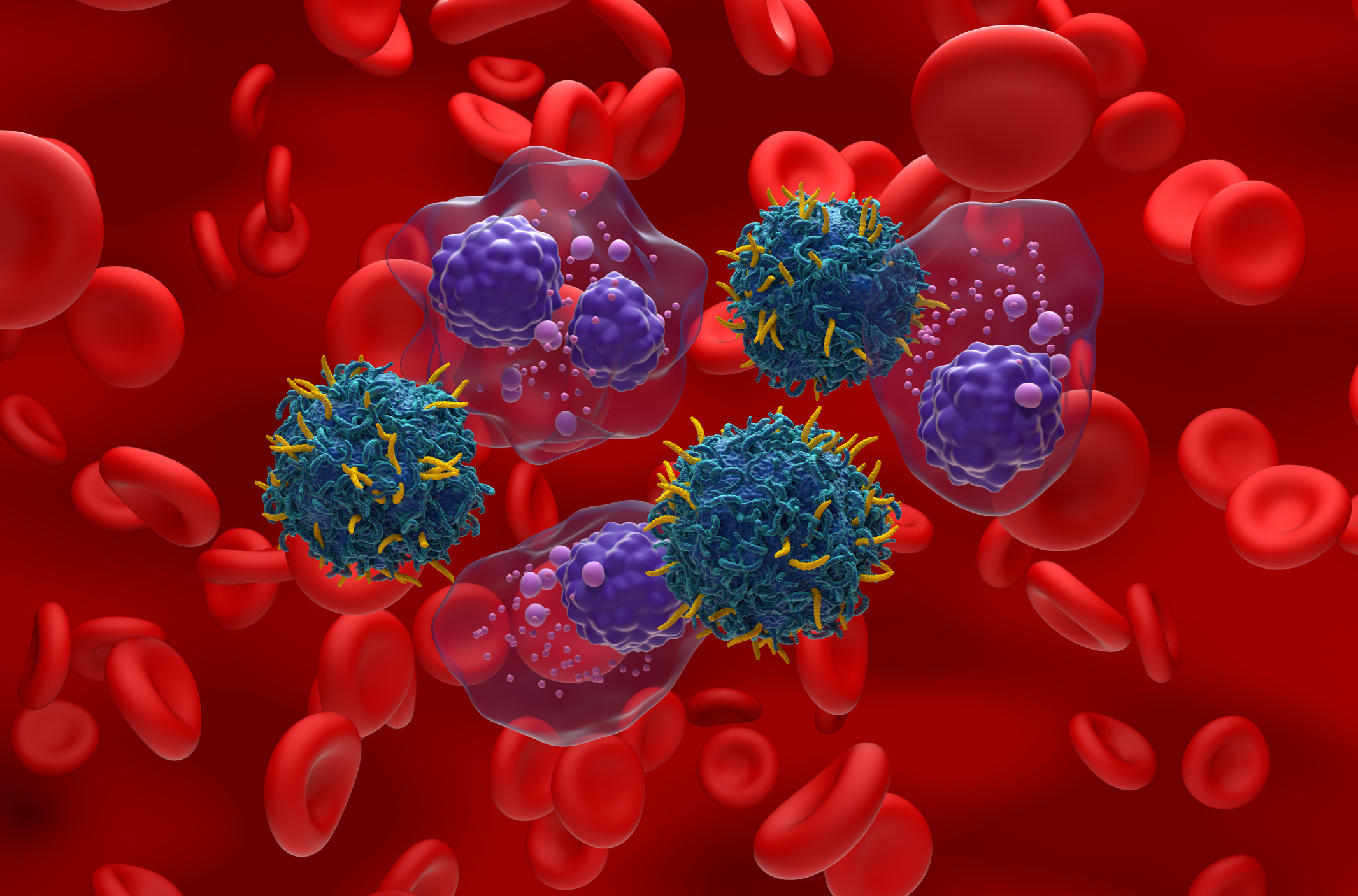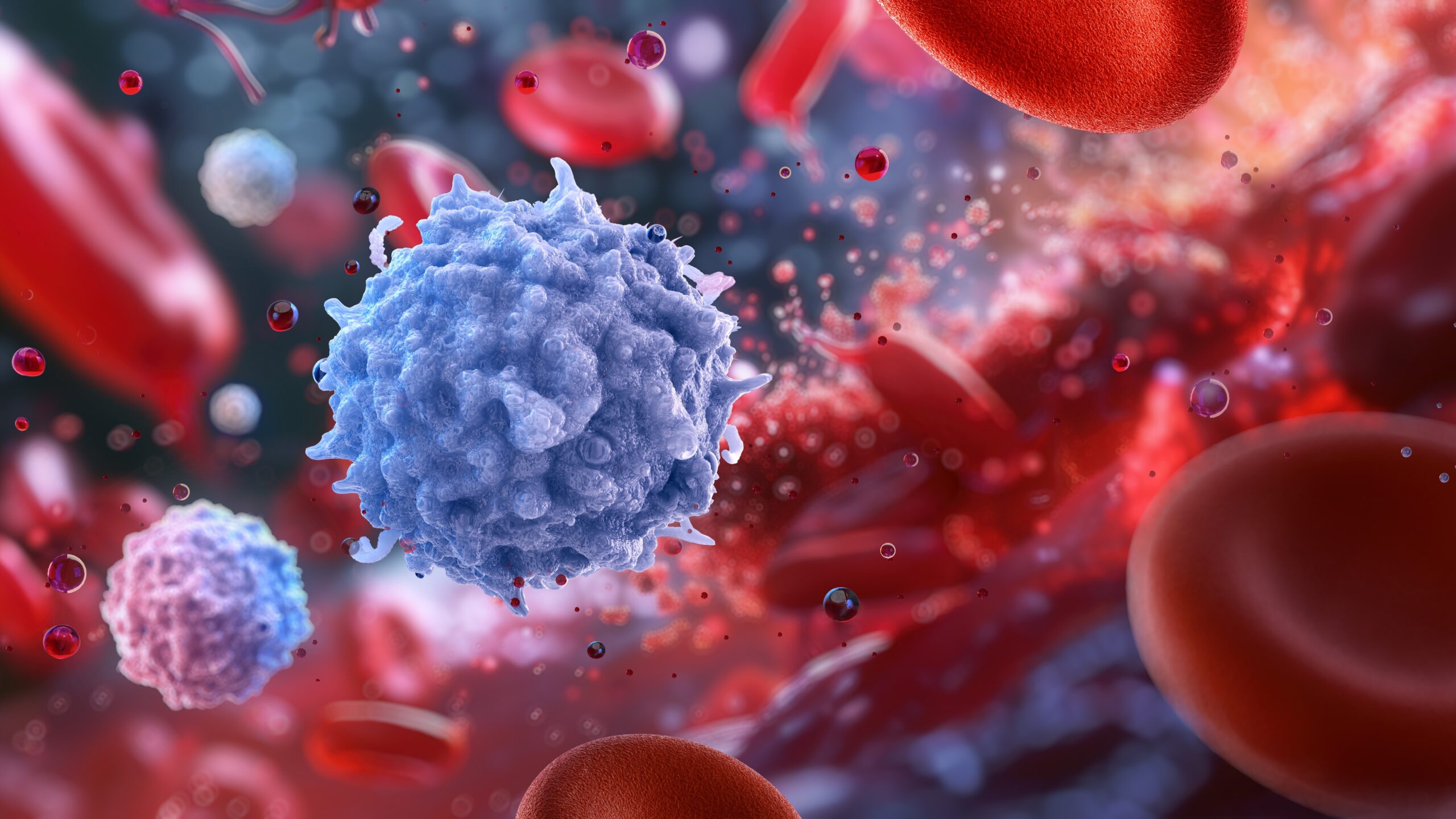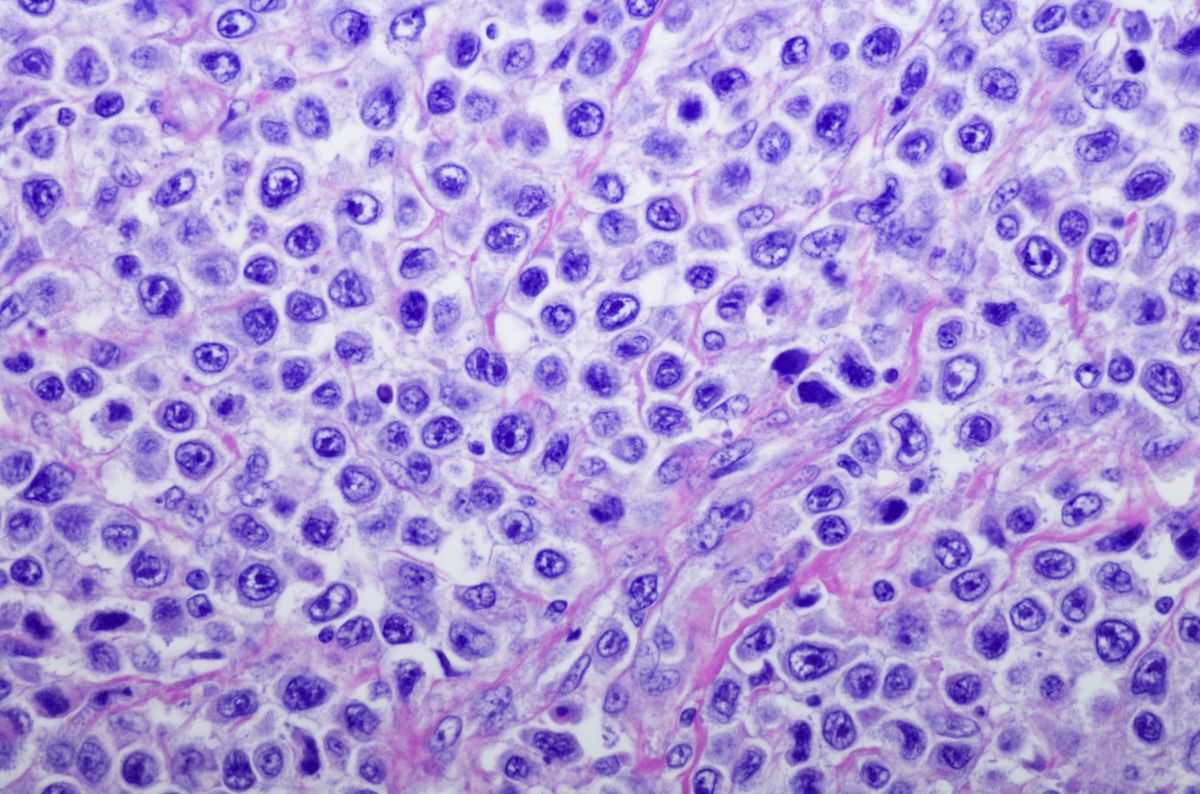
Countries with a lower sociodemographic index (SDI) are significantly underrepresented in phase II and III clinical trials for tyrosine kinase inhibitors (TKIs) in the treatment of chronic myeloid leukemia (CML), according to a poster presentation at the 2022 American Society of Hematology Annual Meeting.
The study, led by Mycal Casey, DO, MPH, of the Medical College of Georgia at Augusta University, and colleagues identified the three regions of South Asia (SA), Sub-Saharan Africa (SSA), and Middle East and North Africa (MENA) as particularly lacking representation in these pivotal trials, despite bearing a greater burden in disability-adjusted life years (DALYs) compared to other regions.
The investigators searched ClinicalTrials.gov for phase II and III trials that used TKIs to treat CML, identifying a total of 30 relevant trials. They also collected CML incidence and DALYs from 1999 to 2019 from the Institute of Health Metrics and Evaluation database. Global drug approvals for imatinib, nilotinib, bosutinib, ponatinib, and asciminib were collected from their respective pharmaceutical companies.
The 30 trials identified represented four imatinib, 11 dasatinib, eight nilotinib, three bosutinib, three ponatinib, and one asciminib trials, conducted at a total of 755 locations.
SSA had 11 participating locations (1.5%, all in South Africa). SA countries were represented by 13 locations (1.7%), all within India. MENA had 19 locations (2.5%) in eight countries.
The three regions with the greatest representation in clinical trials that used TKIs to treat CML were Europe and Central Asia, with 344 locations (45.6%) across 30 countries; North America, with 201 locations (26.6%); and East Asia and Pacific, with 121 locations (16.0%).
In terms of drug approvals of TKIs, the investigators identified 142 approvals in 40 high-SDI countries, 90 in 30 high-middle SDI countries, 68 in 31 middle-SDI countries, 21 in low-middle SDI countries, and 14 in nine low-SDI countries.
The researchers called for greater representation of low-SDI countries in trials of TKIs to treat CML and more drug approvals in these countries to address the greater disease burden faced by these countries so that they can benefit from the improvement in life expectancy attributed to TKIs.
“The availability of global representative trials is important, especially in regions with underserved populations and greater disease burden,” the authors noted. “SA, SSA, and MENA had significantly lower representation in 30 trials that investigated TKIs in CML, while experiencing greater burden in DALYs compared to other regions. In addition, findings show that lower-SDI countries had fewer approvals for TKIs leading to further disparities.”
Reference
Casey M, Odhiambo L, Aggarwal N, et al. Global representation in phase 2 and phase 3 clinical trials for tyrosine kinase inhibitors in the treatment of chronic myeloid leukemia. Abstract #2311. Presented at the 64th ASH Annual Meeting and Exposition; December 10-13, 2022; New Orleans, Louisiana.






 © 2025 Mashup Media, LLC, a Formedics Property. All Rights Reserved.
© 2025 Mashup Media, LLC, a Formedics Property. All Rights Reserved.